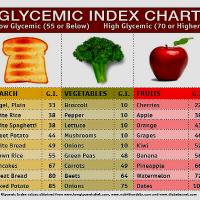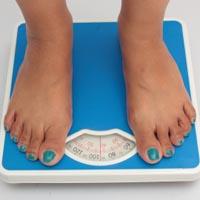Low Carb Information

Do you ever:
• You feel like eating even though you just finished a meal.
• You feel urges to eat throughout the day, not necessarily related to a meal schedule or even true hunger?
• You feel fatigued, fuzzy-headed, or have difficulty concentrating without a “pick me up” snack between meals?
• You frequently feel sluggish after eating, especially after a meal rich in starches and sugars?
The low carb diet was around long before Atkins. In fact, bodybuilders were using a modified low carb diet back in the 50’s while the Atkins plan really gained prominence in the 70’s.
What’s the problem with Carbs?
Sugary carbs, especially table sugar (sucrose), used to be seen as causing adverse health effects for diabetics and people with symptoms of impaired glucose tolerance or insulin insensitivity. Although a high sugar diet can cause problems for these groups, most nutritionists now view refined white flour foods (most of which have a high GI-value) as causing more glycemic health problems, such as insulin resistance, and digestive disorders.
Low carb diets typically lead to:
• More rapid weight loss than (say) the more orthodox lower-fat diet programs. However, clinical trials show that weight-loss between these two diet methods tends to equalize after the first six months.
• Improved weight control as a result of reduced hunger and fewer appetite swings due to more stable blood glucose levels.
• Extra fat-burning, which (in theory) raises metabolic rate, (because muscle tissue needs more calories to sustain it, than body fat) which makes it easier to lose weight.
-
Low Carbs: High Profits and High Risk
Here is the basic physIological fact that all of your low-c
-
Dont Be Confused About Low Carb Diets - 7 Key Points Explained
With all of the conflicting studies and fuzzy interpretatio
-
Maximizing on Low Carb Foods for Weight Loss
Have you ever doubted that low carb foods for weight loss a
-
Nutritional Support For Low-carb Dieters
The popularity of protein-based diets, which limit carbohydrates, see
-
Combining A Low Fat Low Carb Diet For Quick Weight Loss
You want to look your best and you know you need to shed a few pounds
-
Chocolate on a Low-Carb Diet
Cho
- DON'T MISS
- Tips To How To Eat Healthy
- Low Carb And Glycemic Whey Protein Supplement
- Carbs...Nothing To Be Afraid Of!
- You Can Lose Weight on a High Carbohydrate Diet
- Tex-Mex Beef Stir-Fry
- Healthy Thanksgiving Recipes Key To Keeping Calories In Check
- How Does a Calorie Shifting Diet Work?
- South Beach Diet Foods
- Just Say No to Carb Phobia
- Lamb Shorba. A low Carb Recipe




